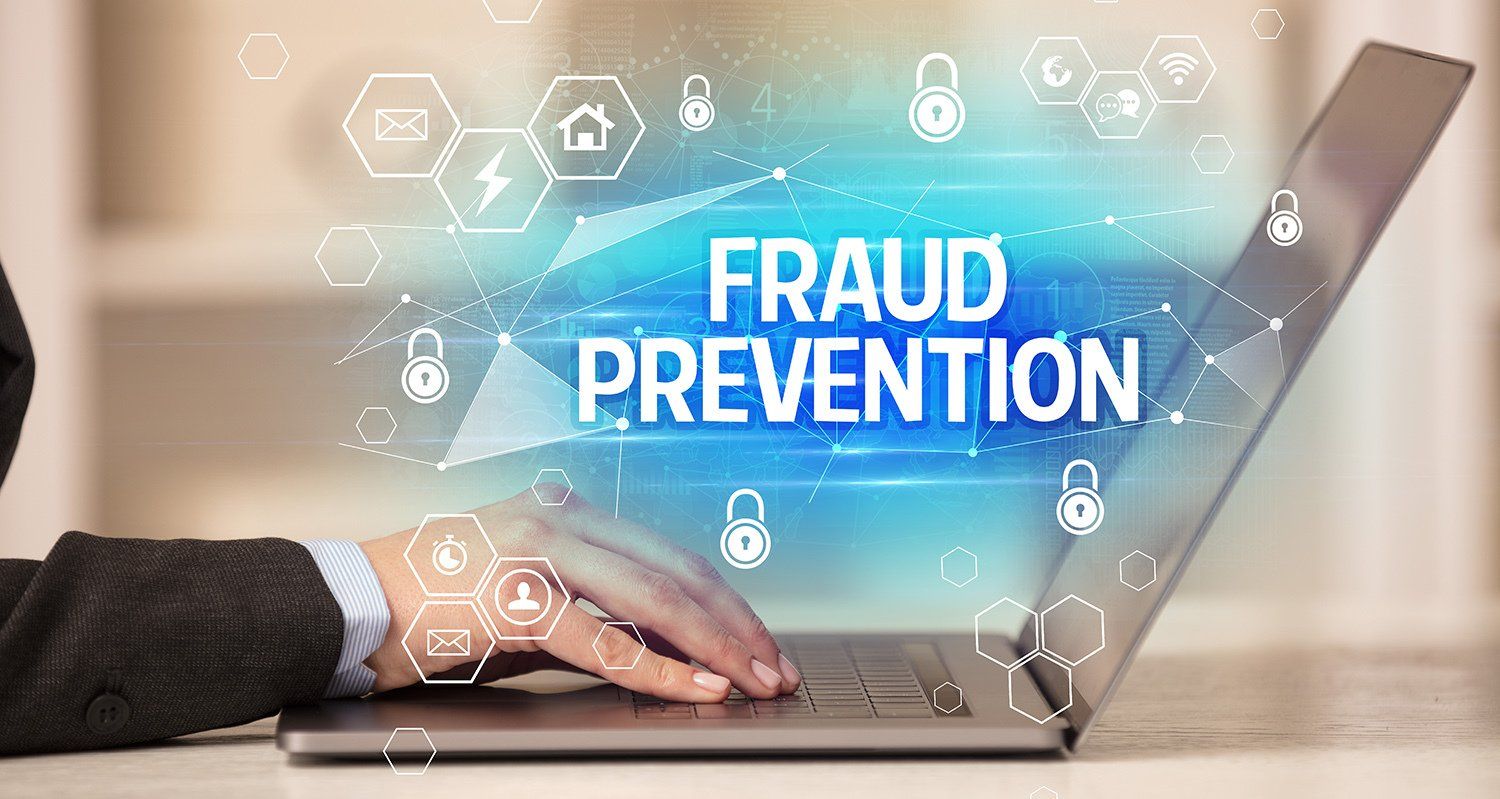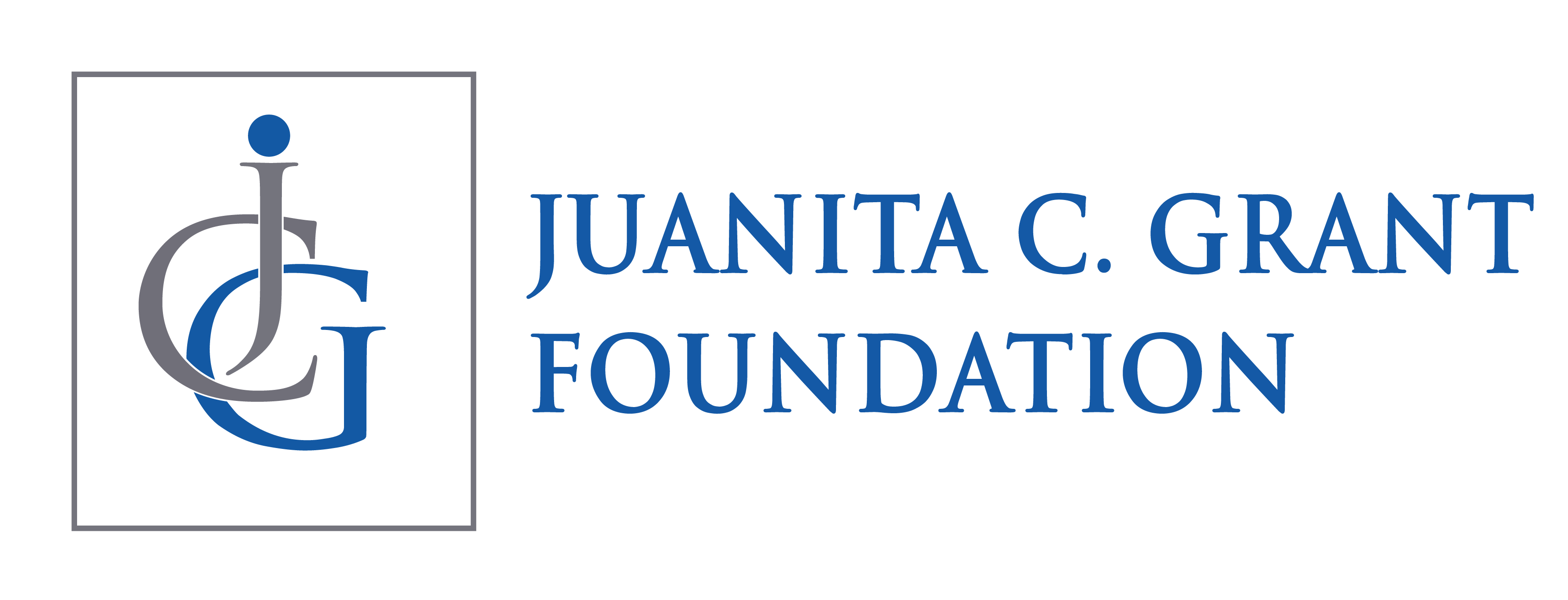Elder Fraud Prevention

Most people have heard of financial fraud, sometimes referred to as “a scam.” Financial fraud is rampant and affects people of all ages. But it can be particularly devastating to older adults who are oftentimes retired and have no way to bring in new sources of income. Older adults lose billions annually to financial fraud, and the consequences are profound for older adults and their loved ones.
That is why there is a focus on elder fraud prevention. There are things you can do to guard against financial fraud.
One of the greatest challenges in fraud prevention is simply knowing the various types of fraud because there are so many different types. However, if you are familiar with the various types of financial fraud out there, you are more likely to recognize fraud and resist.
Here are three simple things to help you prevent financial fraud.
1) Know the scams. As mentioned, the best way to prevent financial fraud is to be familiar with fraud types so you “know one when you see one”. Although there are many different types of scams, there are some scams that disproportionately affect older adults. Learn about the top five scams affecting older adults. You can also sign up for the Federal Trade Commission’s Consumer Alerts to receive emails describing trending financial scams.
2) Take a breath. Fraudsters often create artificial time pressures to confuse people. Before you decide to give your money away, including wiring funds or buying gift cards, slow down and take a breath first. This short pause can help you resist fraud.
3) Share what you know with others. The Pass it on! campaign has materials that enable you to readily share what you know about scams with friends and family to ensure that everyone knows about scams. We are stronger together.
Fraud prevention is the best approach. And yet fraudsters are frequently successful. Young and old alike are taken advantage of by these fraudsters. If you have been scammed, you are not alone. It is important to let others know what happened to you. Call the Elder Fraud Hotline to report financial fraud: 833–372–8311
Monday–Friday, 10:00 a.m.–6:00 p.m. eastern time
English/Español/Other languages available
This free resource is staffed by experienced case managers who provide personalized support to callers. The Hotline does not have the authority to investigate cases, but can provide information and resources to callers, and can assist callers in reporting fraud or suspected fraud.
Must Read Newsletter
Sign up for news and events
Newsletter
Most Popular





